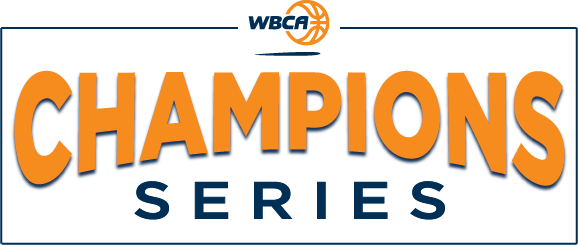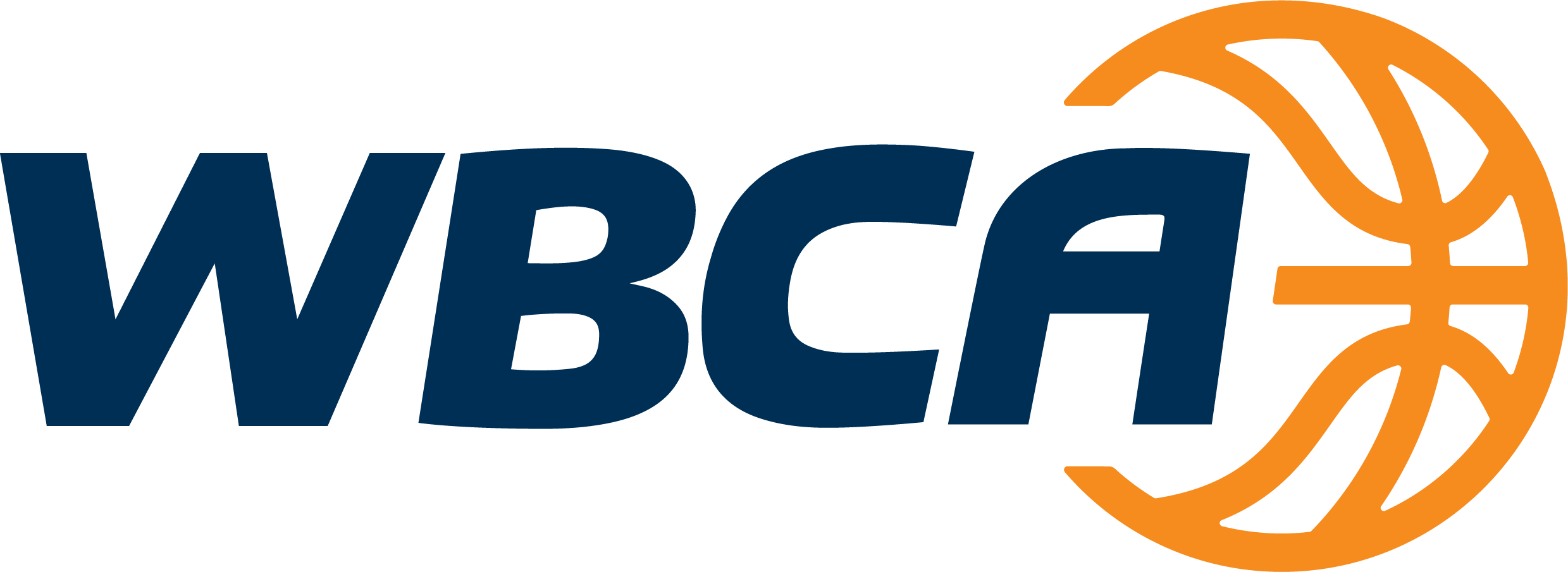First-Year Head Coaches Leading a Program From Scratch
 By Franqua Bedell
By Franqua Bedell
Assistant Coach, Missouri State University
Former Head Coach, Tallahassee Community College
2018 NJCAA Division II National Champion
I will never forget working a Mississippi State University basketball camp in 2007 when, during a break, my phone rang. It was the vice president of student services at Southeastern Illinois College where I had previously worked as an assistant coach. He asked if I wanted the women’s head coaching position at the college after the departure of Greg Franklin to, ironically, Mississippi State. The first thing he said was there will be a $38,000 pay cut and no insurance.
Meanwhile, there was a chance I could be the director of basketball operations at Mississippi State, a job that was going to pay about the same amount that Southeastern Illinois was taking away. I had to make a decision, one I felt was going to either make or break me.
I was blessed at the time to be able to see the big picture for my life and I didn’t have a family. Early in my career I never based decisions on money, but rather opportunity. In other words, as I frequently share with young coaches, if you can grow through the season of famine, you will appreciate when your life and career become a feast.
I decided to take my first head coaching job at Southeastern Illinois. I learned so much in one year that it laid the foundation for the success I most recently enjoyed as head coach at Tallahassee Community College. As I moved 18 inches over from assistant to head coach, I never realized how much more responsibility I would assume – not just as a coach, but as a leader, as a black male, as mentor, as visionary, as cultivator.
The mistake most first-time head coaches make is they believe it’s just about basketball, the X’s and O’s, and letting everyone know you are the head coach. I had to learn and experience things the hard way with no one to mentor me through the process.
At Southeastern Illinois, I took over an established program, one that was coming off five National Junior College Athletic Association tournament appearances and had not lost a conference game in four years. The blessing was that I had been deeply involved in recruiting the returning players; the curse, that my prior relationship with those players was as an assistant coach. Changing their perspective of me in my new role took some time to develop.
There are a number of things a first-year head coach needs to learn when moving over 18 inches. Here are four of the most important:
Be YOU and only YOU
When working with so many successful coaches, it’s easy to take away things such as X’s and O’s and other basketball philosophies. One of the hardest things to learn is that you also take on traits of those same people without even realizing it. As a first-time head coach, I learned more about myself about 12 games into the season. My mom and dad came to see this amazing job I was doing — we were undefeated and nationally ranked. After the game, my parents looked at me and gave me a dose of reality. They didn’t see how I was undefeated; I was an embarrassment. They said they would never come back to another game if I continued coaching with all the screaming, stomping and acting crazy. If I didn’t change, they said, the team was going to quit on me when I needed them most. At that moment, I felt I had to take a step back and look at who I was. I was trying to be everyone I had watched. Yes, I was a passionate and intense coach, and that didn’t have to change; how I presented myself, however, did. As a young coach, you must take a time out and think about who you are and what type of coach you are going to be. In order to enjoy championship-level success, the only person you can be is you.
Build Genuine Relationships
As a first-time head coach, I learned that I had done a great job of building genuine relationships with people on campus, in the community and, most of all, with our players. These relationships were the most valuable commodity I had at Southeastern Illinois. (In 2007, I was not only the head women’s basketball coach but the athletic director as well.) It was the relationships I had with my players and the community that allowed us to be successful through one of the most challenging situations I had ever experienced. The college was considering dropping the athletic program, which prompted a town hall-like meeting. Seeing the actions and hearing the words of some people in the community and on campus — language I would not like to put in this article — was one of the most down and difficult times I had experienced. The genuine relationships I had built with my players sustained me. They trusted me to lead them despite the challenge of finding out that we not welcome by some. We were welcome by others, however, who truly wanted us to be successful. The genuine love for people is what will sustain not only your program but your players, and give them something more to play for than themselves. People will accomplish amazing things for love.
Have A Vision
A coach without a vision is a coach without a job. These are the words I live by, and I guess I have done a good job so far. I hear and listen to so many people who want to be a head coach, only to watch them get jobs and see them fail; an outcome I can often predict. Not because they are not good enough to do the job; rather, I listen to them. I listen to them tell me all the things they can do and would change, but never do I hear the vision. I repeat: a coach without a vision is a coach without a job. The vision is the most important piece to building something special in whatever you do. I have learned over the years that I am never interested in a job if I have no vision for the job. So I find myself only interested in certain situations. I know it has been why I have had a high rate of success as a head coach and as an assistant coach. The vision is to build a program, not to destroy it. Build your own program or assist the head coach you work for in carrying out their vision.
Have A Plan
Is the plan you have one that can be scaled? Can it grow? Can it be duplicated? Does your plan work? Most first-year coaches don’t have a plan when moving over 18 inches. The plan is the foundation. You must know the plan like the back of your hand. You must be able to stand and fight for your plan and, at the same time, be willing to let something go. I know that sounds crazy, but I have learned that my plan is only as good as those around me who are charged with executing it. In my book From Chumps to Champs: The Journey of Building a Winning Program, I walk you though my five-year journey and show you the plan of building a program from scratch. The plan is the blueprint and guideline you work from. My plan was built off the vision I had for the program. The vision allowed me to put the plan together and the plan allowed me to execute the vision.
Franqua Bedell recently was hired as assistant women’s basketball coach at Missouri State University after completing his sixth season as head coach at Tallahassee Community College, where his team won the NJCAA Division I national championship in 2018.
Immediately prior to taking over at TCC, Bedell was an assistant coach at Virginia Commonwealth University, where he spent the 2012-13 season on Marlene Stollings’ staff with the Rams. In addition to Virginia Commonwealth, he spent four seasons at Mississippi State University (2008-12), two at Southeastern Illinois College (2006-08), two at Southeast Missouri State University (2003-05) and one at Hardin-Simmons University (1999-00), where he began his coaching career as a graduate assistant on the men’s basketball staff.
Bedell is interested in hearing your thoughts, comments and experiences. Email him at franqua123@yahoo.com.

